Heat pump disadvantages.
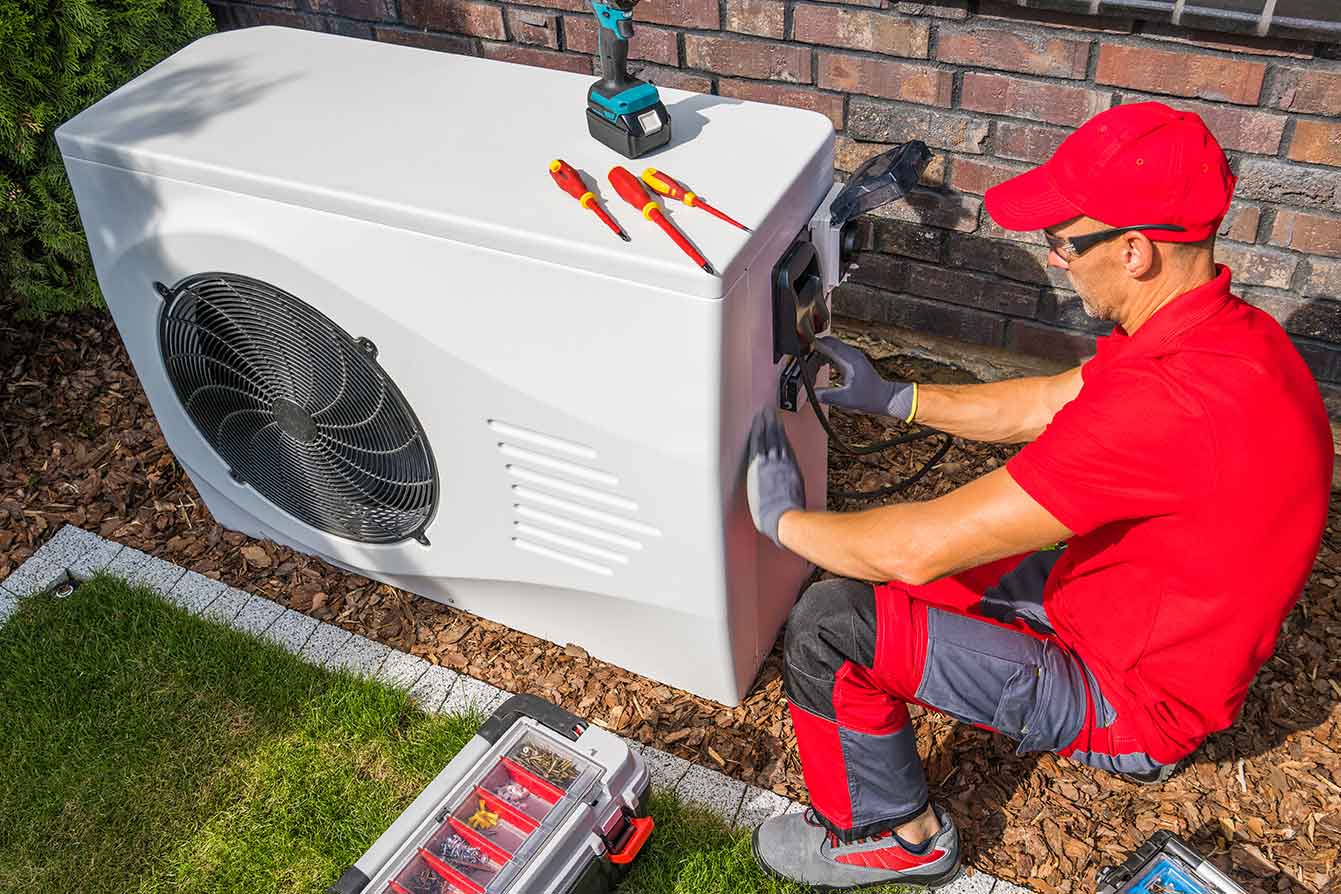
A heat pump is an extremely efficient and ecological solution for heating and cooling a home, however there are also some disadvantages that should be considered before installation. Here are the main disadvantages:
1. Initial Installation Cost
- High initial cost: The initial installation of a heat pump, especially for geothermal or water-to-water systems, can be very expensive. Depending on the type of system and the size of the house, the installation cost can reach or even exceed 10,000 - 15,000 euros, while the installation of geothermal pumps may require additional expenses for excavation of the ground.
2. Depends on External Conditions
- Low temperature performance: Air-to-water heat pumps have limited performance when the outdoor temperature is very low (below -10°C to -15°C), as their ability to extract heat from the air is reduced. In such cases, an additional heating system (e.g. electric heaters or a boiler) may be required, which will increase operating costs.
3. Infrastructure Installation and Modifications
- Requirements for heating system modifications: In homes with old or small radiators, the heat pump may not be efficient without replacing or upgrading the radiators or the underfloor heating system, as it operates more efficiently with lower water temperatures. If the system needs upgrading, the cost can increase significantly.
4. Acoustic Nuisance
- Noise from the outdoor unit: The outdoor unit of air-to-water heat pumps can generate noise during operation, which can be annoying, especially in areas with strict noise regulations. The noise can come from the fan or the movement of the compressor.
5. Necessary Maintenance
- Maintenance and repairs: Although heat pumps require less maintenance than traditional heating systems, maintenance is still necessary to keep the system running smoothly and prevent breakdowns. Maintenance includes checking filters, adjusting temperatures, and monitoring system performance. Geothermal pumps may also require more specialized maintenance.
6. Necessary Space for Installation
- Requires a lot of space: Especially for geothermal energy systems, large areas of land are needed to place geothermal pipes or boreholes, which may not be feasible in cities with limited space or in small yards.
7. Variation in Performance Depending on Climate
- Climate impact: Air-to-water heat pumps depend on the outside climate for their operation. In areas with mild winters, their performance is very good, but in areas with cold winters, the performance may decrease, and the system may need additional heating, which reduces the energy saving benefits.
8. Additional Maintenance or Repair Costs
- Minor damage and repairs: Although generally reliable, heat pumps can experience problems with their components, such as compressors or circuits. Repairs to these systems can be expensive, especially if they are not covered by warranty.
To summarize
A heat pump is an efficient and environmentally friendly solution for heating and cooling, but the disadvantages include high installation costs, space requirements and infrastructure modifications, reduced efficiency at very low temperatures, and the maintenance required. It is important to consider these parameters and evaluate whether a heat pump is the right choice for your needs.

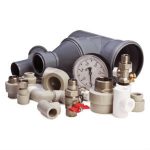
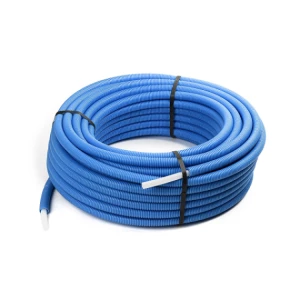 Piping - Insulation
Piping - Insulation 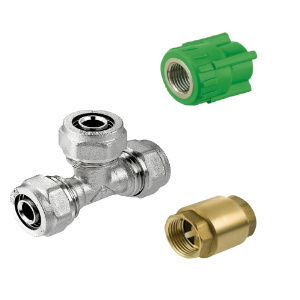 Piping Fittings
Piping Fittings 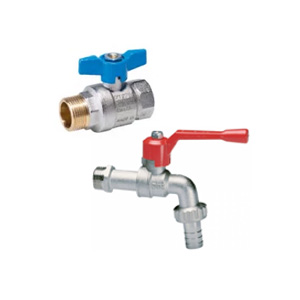 Valves - Cannulas
Valves - Cannulas 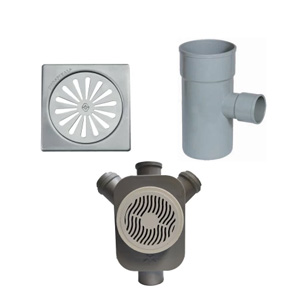 Drains
Drains 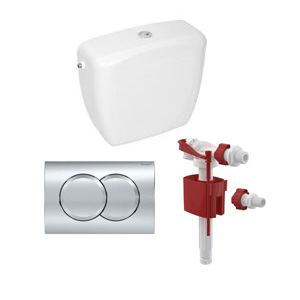 Water tanks - Accessories
Water tanks - Accessories 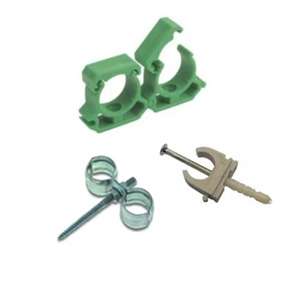 Support - Tables
Support - Tables  Spiral
Spiral 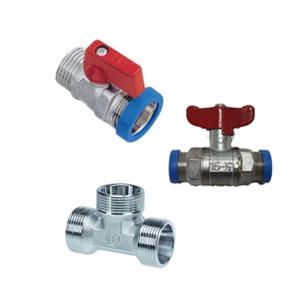 24x19 components
24x19 components 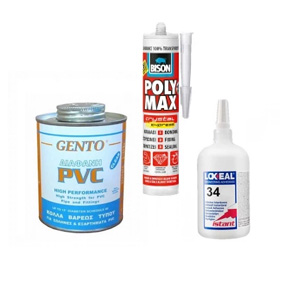 Welding - Sealing
Welding - Sealing 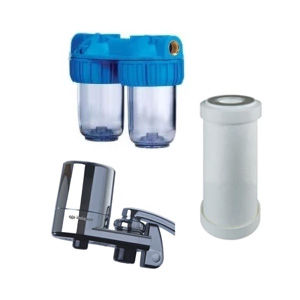 Water filter
Water filter 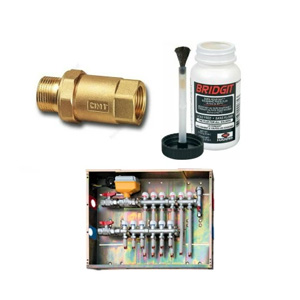 Various Plumbing Items
Various Plumbing Items 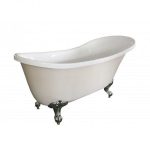
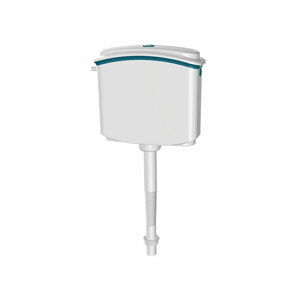 Water tanks
Water tanks 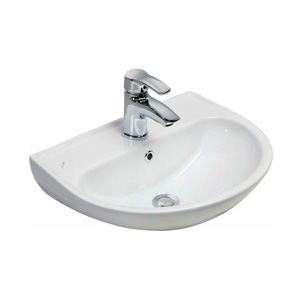 Bathroom Sinks
Bathroom Sinks 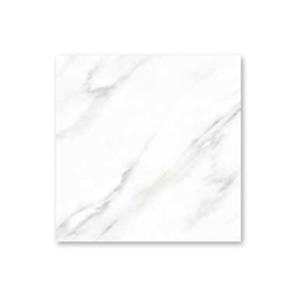 Tiles
Tiles 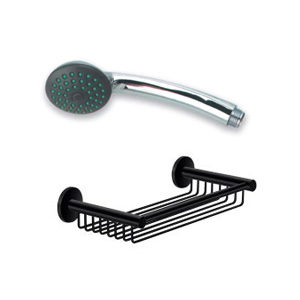 Bathroom accessories
Bathroom accessories 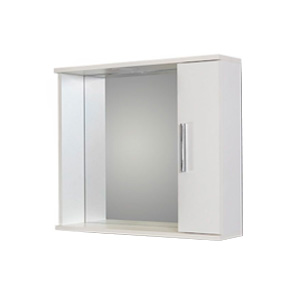 Mirrors
Mirrors 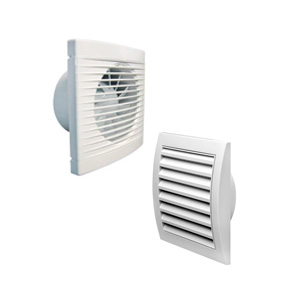 Ventilation Accessories
Ventilation Accessories 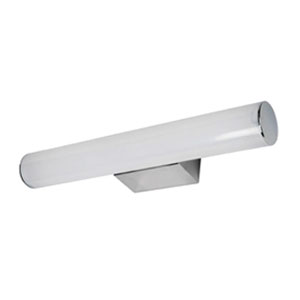 Bathroom lighting
Bathroom lighting 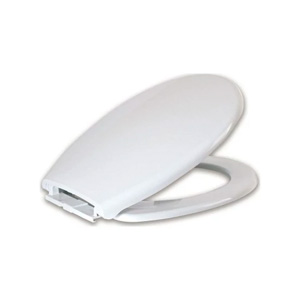 Basin Covers
Basin Covers 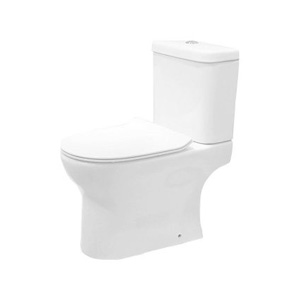 Basins
Basins 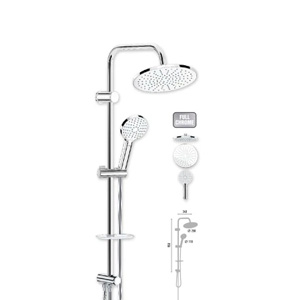 Shower Columns
Shower Columns 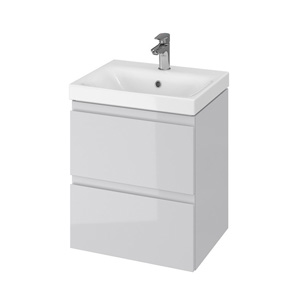 Bathroom furnishings
Bathroom furnishings 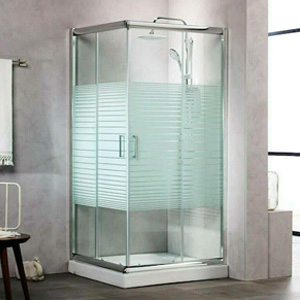 Bathroom cabins
Bathroom cabins  Showers
Showers 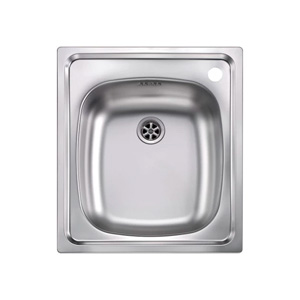 Sinks
Sinks 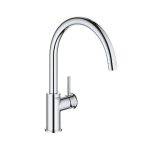
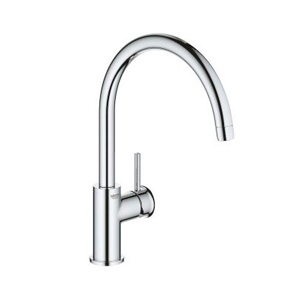 Kitchen faucets
Kitchen faucets 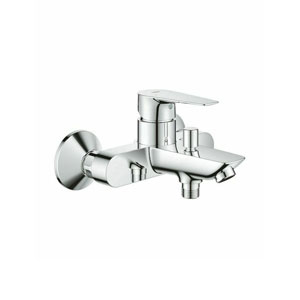 Bathroom batteries
Bathroom batteries 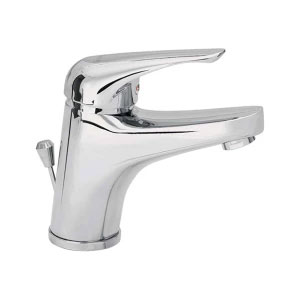 Sink batteries
Sink batteries 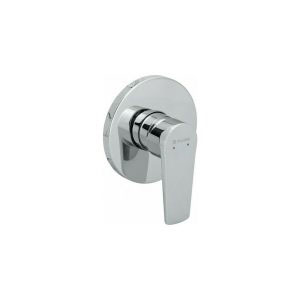 Built-in batteries
Built-in batteries 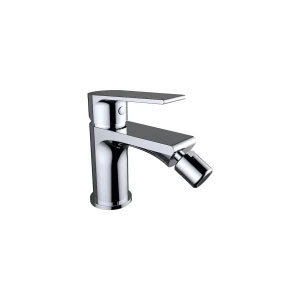 Bidet faucets
Bidet faucets 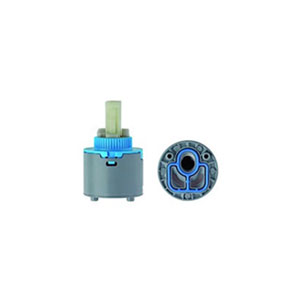 Battery Spare Parts
Battery Spare Parts 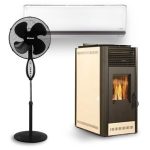
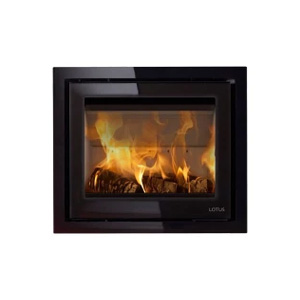 Fireplaces
Fireplaces 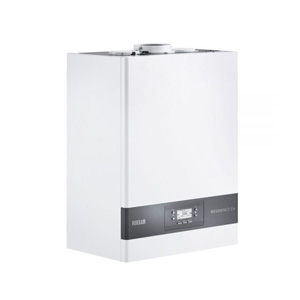 Boilers - Burners
Boilers - Burners 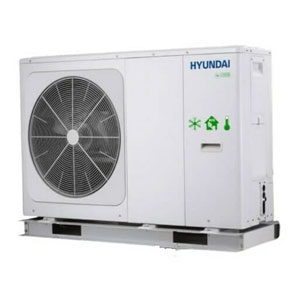 Heat pumps
Heat pumps 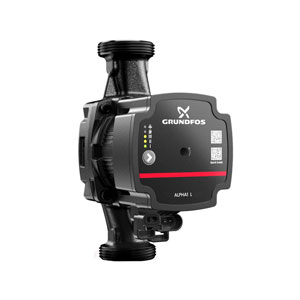 Circulators
Circulators 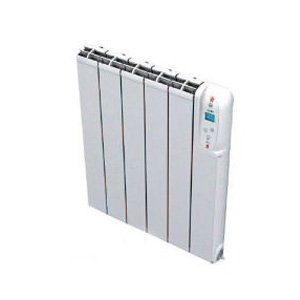 Heating Devices
Heating Devices 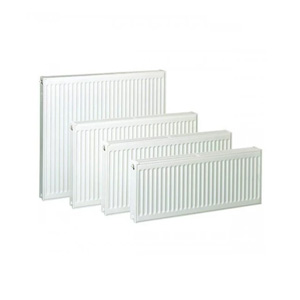 Radiator bodies
Radiator bodies 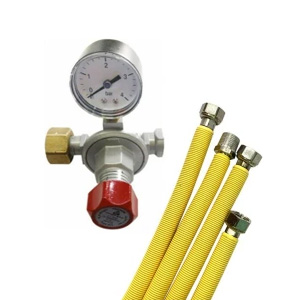 LPG accessories
LPG accessories 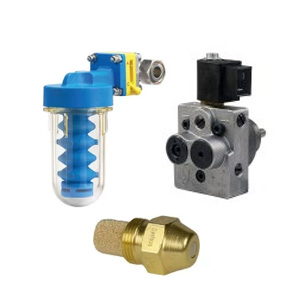 accessory
accessory 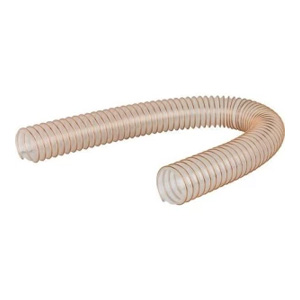 Spare parts
Spare parts 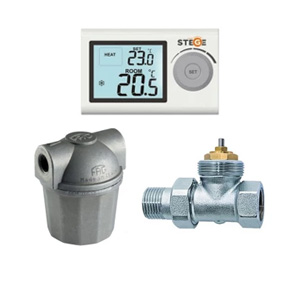 Heating accessories
Heating accessories 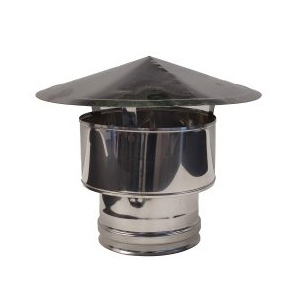 Chimneys
Chimneys 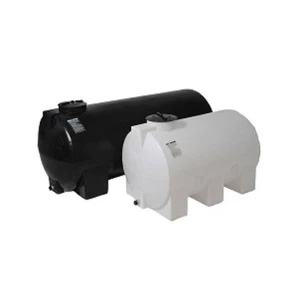 Plastic tanks
Plastic tanks 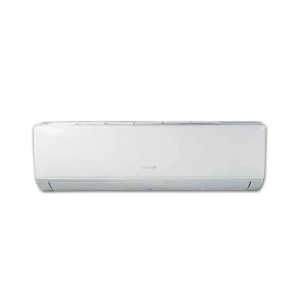 Air conditioners
Air conditioners 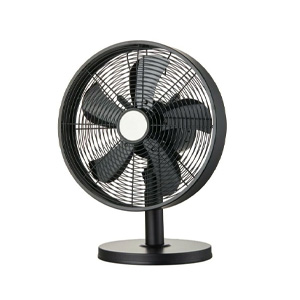 Fans
Fans 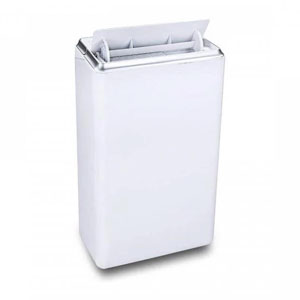 Dehumidifiers
Dehumidifiers 
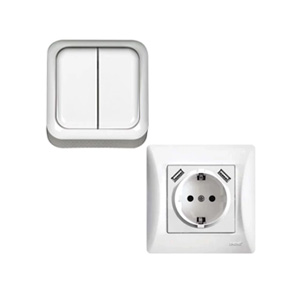 Sockets - Switches
Sockets - Switches 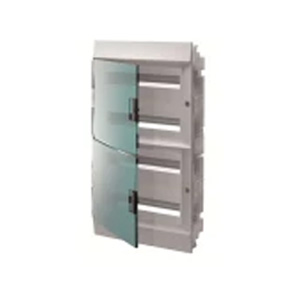 Paintings
Paintings 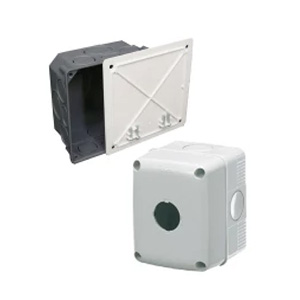 Electrical Boxes - Buat
Electrical Boxes - Buat  Raga materials
Raga materials 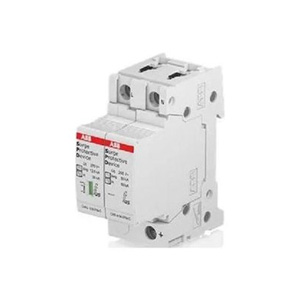 Lightning Protection & Grounding
Lightning Protection & Grounding 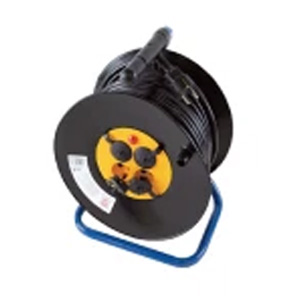 Fishing Reels - Extensions
Fishing Reels - Extensions  Plug - Socket - Power socket - Adapters
Plug - Socket - Power socket - Adapters 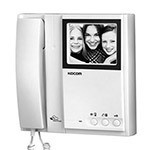 Intercoms - Intercoms
Intercoms - Intercoms 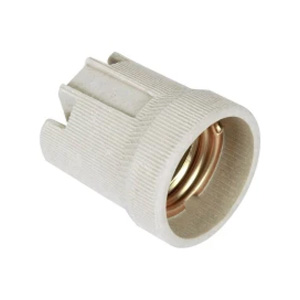 Dui
Dui 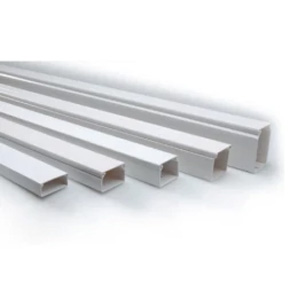 Channels - Accessories
Channels - Accessories 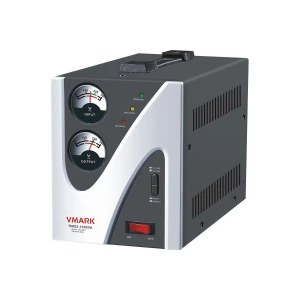 UPS - Voltage Stabilizers
UPS - Voltage Stabilizers  Absorbers
Absorbers 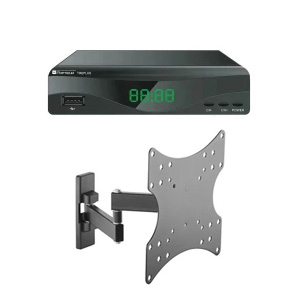 Television Accessories - Antennas
Television Accessories - Antennas 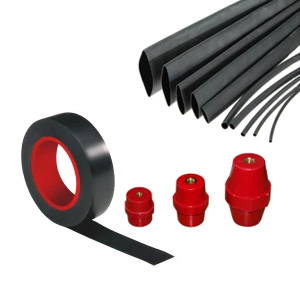 Connection & Support Materials
Connection & Support Materials 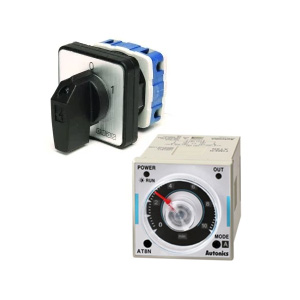 Various Industrial Facilities
Various Industrial Facilities 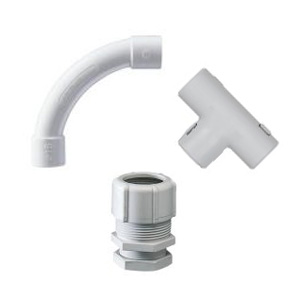 Installation Pipes
Installation Pipes 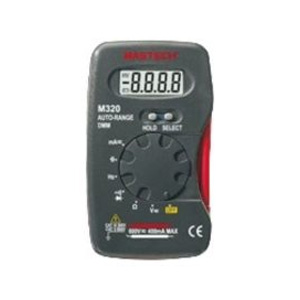 Various materials
Various materials 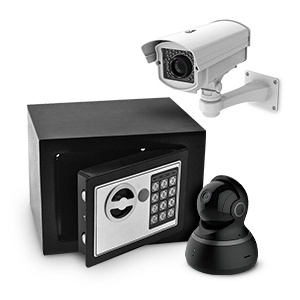 Alarms & Accessories
Alarms & Accessories 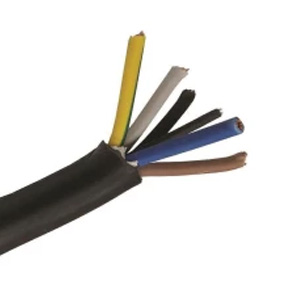 Cables
Cables 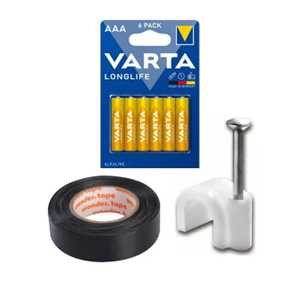 Consumables
Consumables 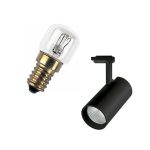
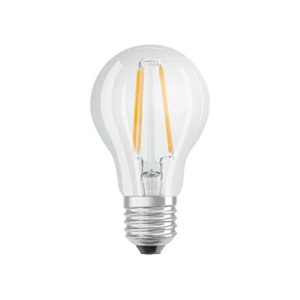 LED lamps
LED lamps 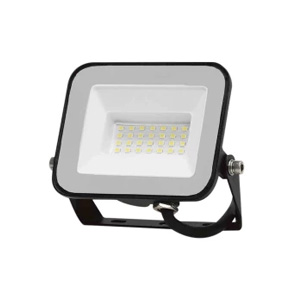 Headlights
Headlights 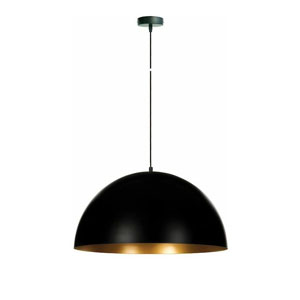 Indoor Lighting
Indoor Lighting 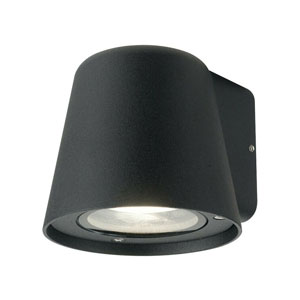 Outdoor Lighting
Outdoor Lighting 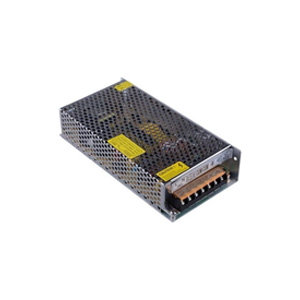 LED Power Supplies - Controllers & Dimmers
LED Power Supplies - Controllers & Dimmers 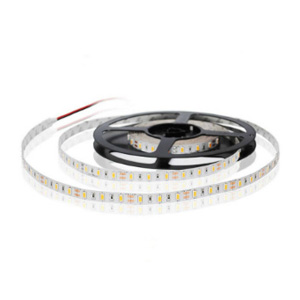 LED strips
LED strips 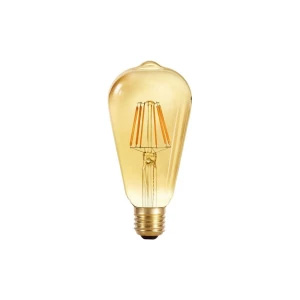 Decorative
Decorative 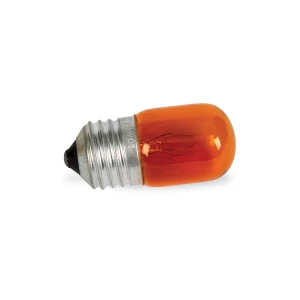 Various Lamps
Various Lamps 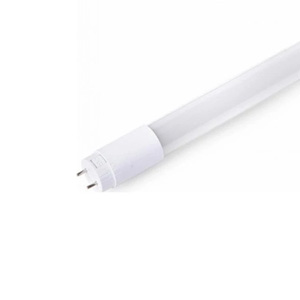 Fluorine lamps
Fluorine lamps 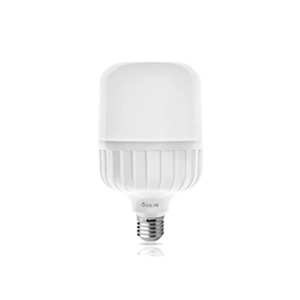 Professional Lighting
Professional Lighting 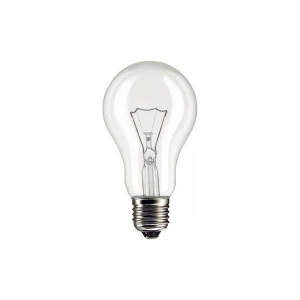 Halogen lamps
Halogen lamps 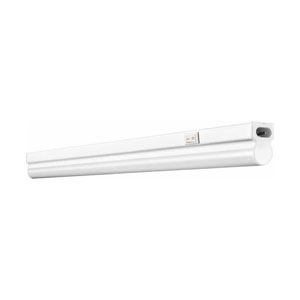 Linear Luminaires
Linear Luminaires 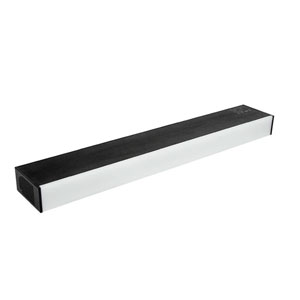 Rails - LED Rail Lights
Rails - LED Rail Lights 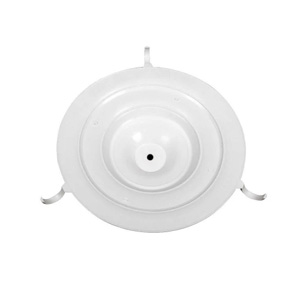 accessory
accessory 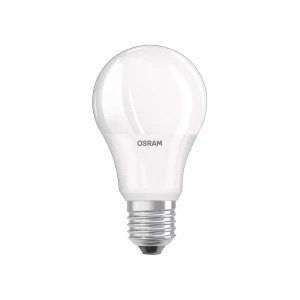 Pear
Pear 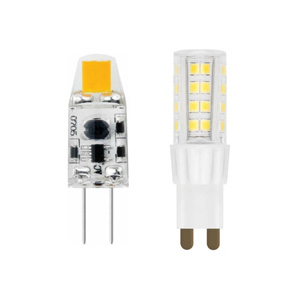 G9 & G4
G9 & G4  Tube
Tube 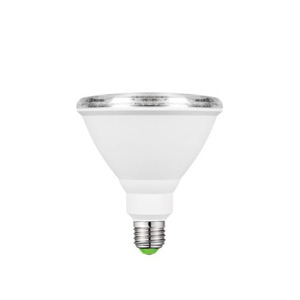 Special Applications
Special Applications 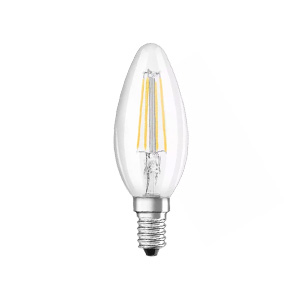 Candle
Candle  Spot - GU10 - Studs
Spot - GU10 - Studs 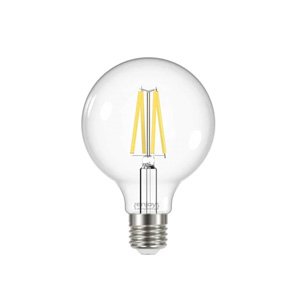 Globe
Globe 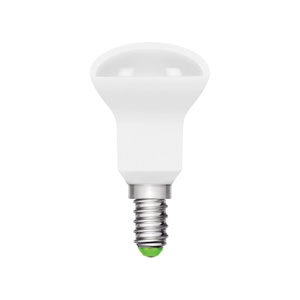 Mirror
Mirror 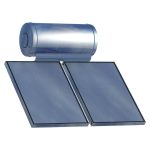
 Boiler
Boiler 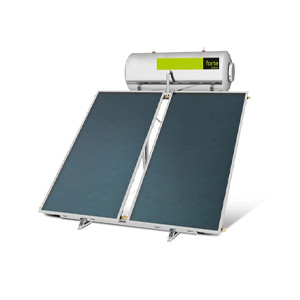 Solar
Solar 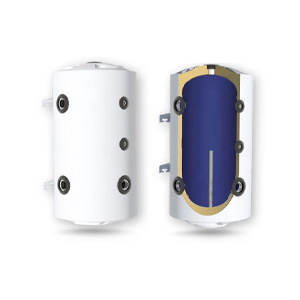 Inertia Containers
Inertia Containers 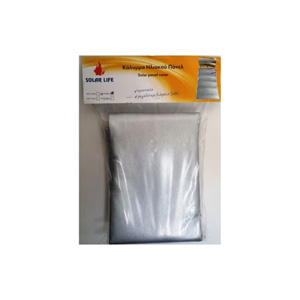 Solar cover
Solar cover 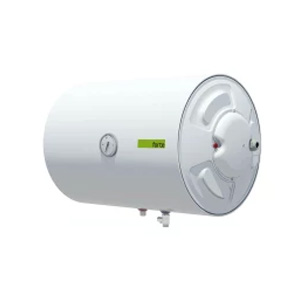 Water heaters
Water heaters 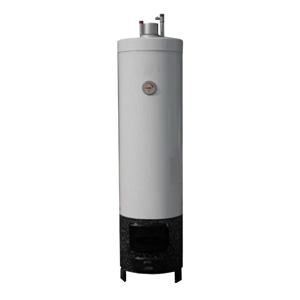 Wood-Electric Water Heaters
Wood-Electric Water Heaters 
 Hand tools
Hand tools  Blades & Blades
Blades & Blades  Cleaners - Technical Sprays
Cleaners - Technical Sprays  Toolboxes
Toolboxes  Protective Items
Protective Items  Water pumps
Water pumps  Cutting Discs
Cutting Discs  Drills - Bits
Drills - Bits  Building materials
Building materials  Adhesive Films
Adhesive Films  Cleaning Brushes
Cleaning Brushes  Connections-Watering Fittings
Connections-Watering Fittings 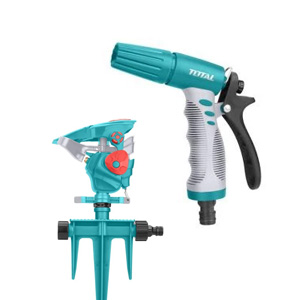 Water Guns/Throwers
Water Guns/Throwers 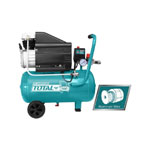 Compressors - Vacuums
Compressors - Vacuums  Various materials
Various materials 

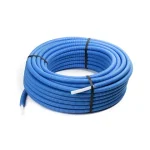 Piping - Insulation
Piping - Insulation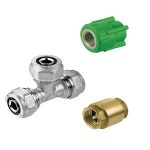 Piping Fittings
Piping Fittings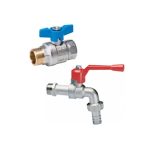 Valves – Cannulas
Valves – Cannulas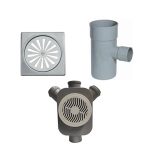 Drains
Drains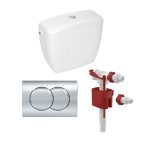 Tanks - Accessories
Tanks - Accessories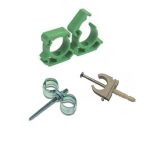 Support – Tables
Support – Tables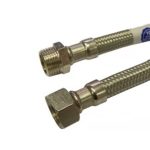 Spiral
Spiral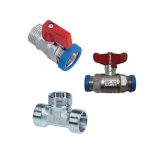 24×19 fittings
24×19 fittings Welding - Sealing
Welding - Sealing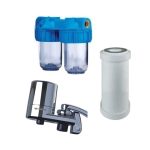 Water filter
Water filter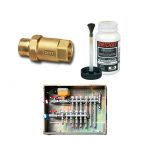 Various Plumbing Items
Various Plumbing Items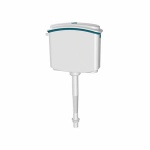 Water tanks
Water tanks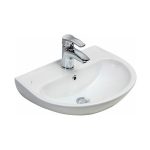 Bathroom Sinks
Bathroom Sinks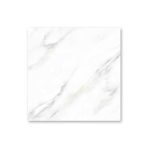 Tiles
Tiles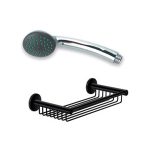 Bathroom accessories
Bathroom accessories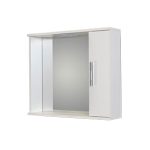 Mirrors
Mirrors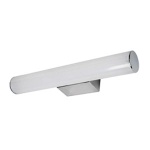 Bathroom lighting
Bathroom lighting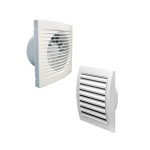 Ventilation Accessories
Ventilation Accessories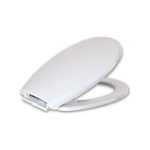 Basin Covers
Basin Covers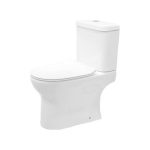 Basins
Basins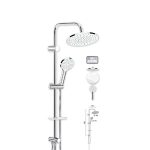 Shower Columns
Shower Columns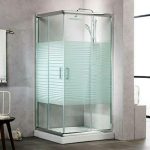 Bathroom cabins
Bathroom cabins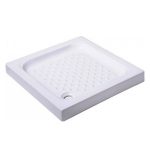 Showers
Showers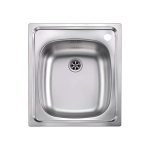 Sinks
Sinks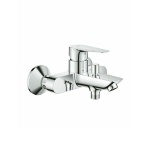 Bathroom batteries
Bathroom batteries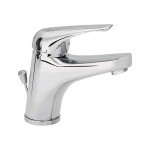 Sink batteries
Sink batteries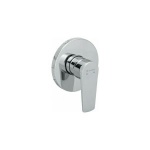 Built-in batteries
Built-in batteries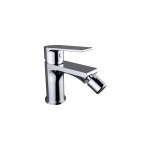 Bidet faucets
Bidet faucets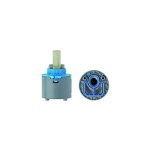 Battery Spare Parts
Battery Spare Parts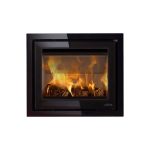 Fireplaces
Fireplaces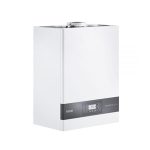 Boilers - Burners
Boilers - Burners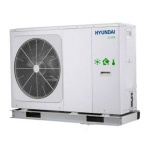 Heat pumps
Heat pumps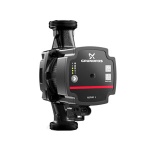 Circulators
Circulators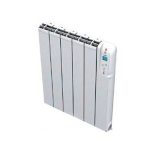 Heating Devices
Heating Devices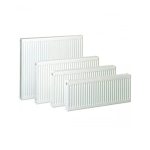 Radiator bodies
Radiator bodies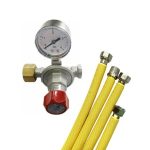 LPG accessories
LPG accessories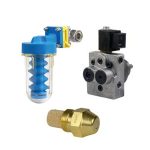 accessory
accessory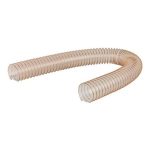 Spare parts
Spare parts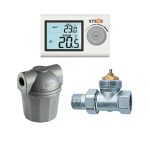 Heating accessories
Heating accessories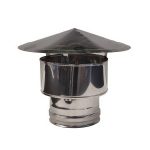 Chimneys
Chimneys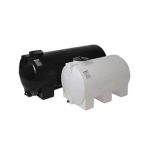 Plastic tanks
Plastic tanks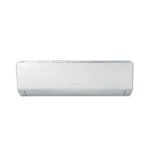 Air conditioners
Air conditioners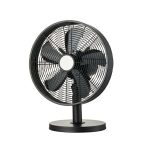 Fans
Fans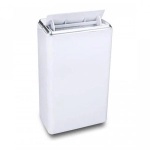 Dehumidifiers
Dehumidifiers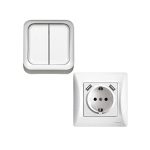 Sockets - Switches
Sockets - Switches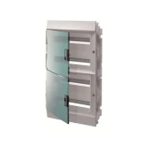 Paintings
Paintings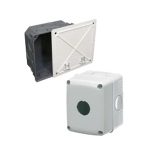 Electrical Boxes - Buat
Electrical Boxes - Buat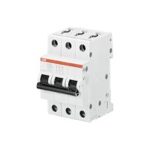 Raga materials
Raga materials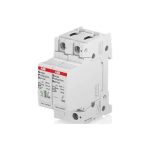 Lightning Protection & Grounding
Lightning Protection & Grounding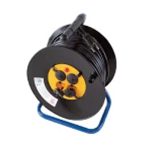 Fishing Reels – Extensions
Fishing Reels – Extensions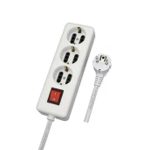 Plug - Socket - Power socket - Adapters
Plug - Socket - Power socket - Adapters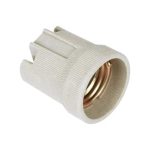 Dui
Dui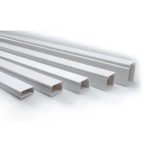 Channels – Accessories
Channels – Accessories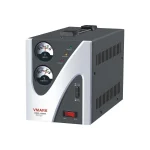 UPS – Voltage Stabilizers
UPS – Voltage Stabilizers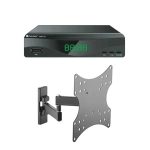 Television Accessories – Antennas
Television Accessories – Antennas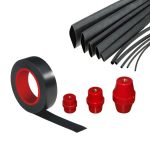 Connection & Support Materials
Connection & Support Materials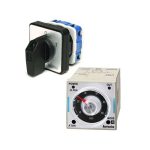 Various Industrial Facilities
Various Industrial Facilities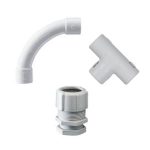 Installation Pipes
Installation Pipes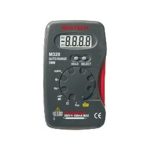 Various materials
Various materials Alarms & Accessories
Alarms & Accessories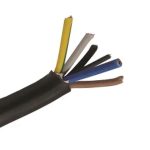 Cables
Cables Consumables
Consumables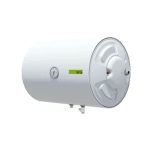 Water heaters
Water heaters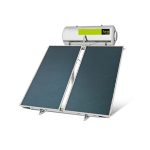 Solar
Solar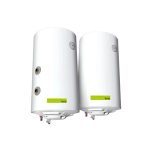 Boiler
Boiler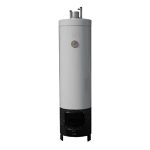 Wood-Electric Water Heaters
Wood-Electric Water Heaters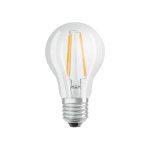 LED lamps
LED lamps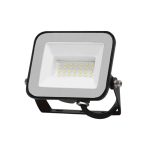 Headlights
Headlights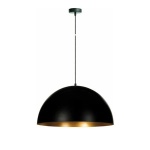 Indoor Lighting
Indoor Lighting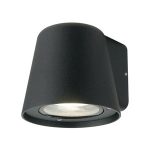 Outdoor Lighting
Outdoor Lighting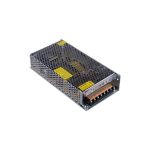 LED Power Supplies – Controllers & Dimmers
LED Power Supplies – Controllers & Dimmers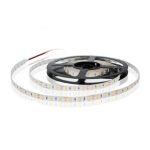 LED strips
LED strips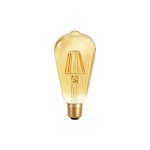 Decorative
Decorative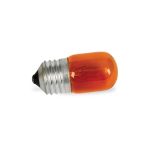 Various Lamps
Various Lamps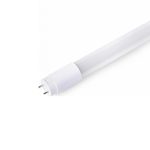 Fluorine lamps
Fluorine lamps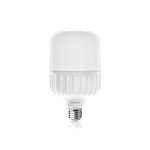 Professional Lighting
Professional Lighting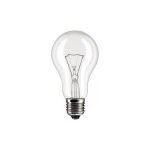 Halogen lamps
Halogen lamps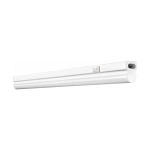 Linear Luminaires
Linear Luminaires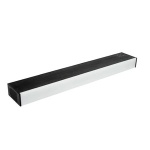 Tracks – LED Track Lights
Tracks – LED Track Lights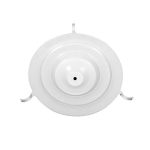 accessory
accessory Hand tools
Hand tools Blades & Blades
Blades & Blades Cleaners - Technical Sprays
Cleaners - Technical Sprays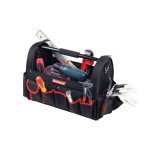 Toolboxes
Toolboxes Protective Items
Protective Items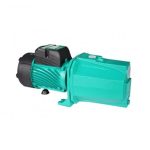 Water pumps
Water pumps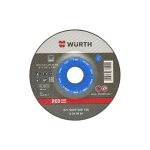 Cutting Discs
Cutting Discs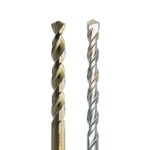 Drills – Bits
Drills – Bits Building materials
Building materials Adhesive Films
Adhesive Films Cleaning Brushes
Cleaning Brushes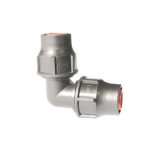 Connections-Watering Fittings
Connections-Watering Fittings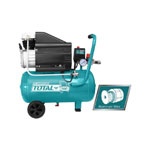 Compressors – Vacuums
Compressors – Vacuums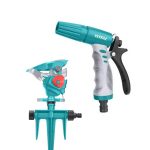 Water Guns/Throwers
Water Guns/Throwers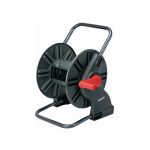 Various materials
Various materials